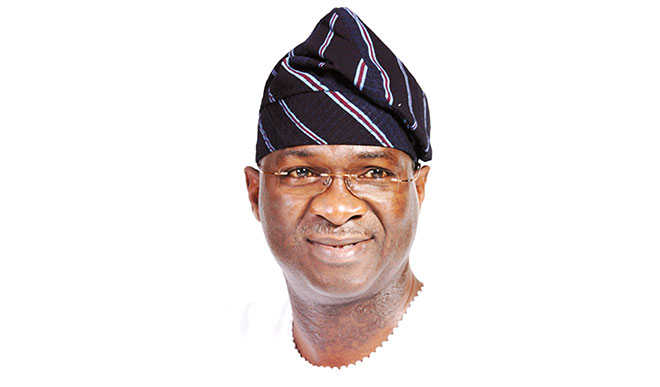Town planners task govts on planning, urban renewal
The Nigeria Institute of Town Planning (NITP) has called on government at all levels to enhance urban planning and development in the country. National president of the institute Mr Luca Achi stated this in Abuja, at a briefing to mark the 2017 World Town Planning Day, organised by the Abuja chapter of NITP with the […]


The Nigeria Institute of Town Planning (NITP) has called on government at all levels to enhance urban planning and development in the country.
National president of the institute Mr Luca Achi stated this in Abuja, at a briefing to mark the 2017 World Town Planning Day, organised by the Abuja chapter of NITP with the theme, “Inclusive Cities & Communities.”
He said the institute would intensify its sensitisation on the roles of planners in the country in order to have a well developed and inclusive cities.
“Our roles cannot be neglected, we are part and parcel of every decision one takes, including the formal and informal sectors among others,” he said.
He called on the government at all levels to listen to the advice of town planners and its principles for socio-economic development to thrive.
“We keep multiplying in numbers and the resources are dwindling and land does not increase, so pressure will continue on that same land.
“If you are not prudent on the way you use the land today, tomorrow you will not have space to work.
“What planners do is to offer a correct attitude that government must take and if it refuses to take advise it may lead to failure,” he said.
He, however, urged relevant stakeholders to make concerted efforts in adhering to the principles of town planning to improve the society and its dwellers.
“Our advice to our leaders is that if you do not use the technique of planning then you are planning to fail,” he said.
Also speaking, the United Nations- Habitat programme manager for Nigeria, Kabir Yari noted that a society that is not planned will always be chaotic.
He said, “As city and income grow, different section or strata tend to live in different places and in Nigerian cities we see people of low income usually live in informal settlement without good condition of living.
“In our society urbanization has brought more people in slums, 60 percent of Nigerians are living in informal settlement.”
Yari tasked the Federal Government on achieving the ideals of Sustainable Development Goals (SDG’s) by making cities inclusive for low income earners.
This, he said, was necessary to bridge the inequality gap between the rich and poor to enable Nigerians utilise their potentials and contribute meaningfully to economic development.
He said, “Most low income people will not be able to afford housing so issues of inclusive policy includes making houses affordable to majority of people living in urban areas so that problems associated with unaffordable housing will be reduced.”
He urged governments to upgrade and provide services to people living in informal settlements as well as to focus on urban upgrading, urban renewal and urban re-development.
“Because people cannot afford to buy houses, they go to satellite towns. In the morning, the roads are blocked, productivity will be reduced, there will be more congestion and fuel consumption; when you have more people and cars, the more the environment will be polluted and this is the time we are talking about addressing climate change,” he said.
